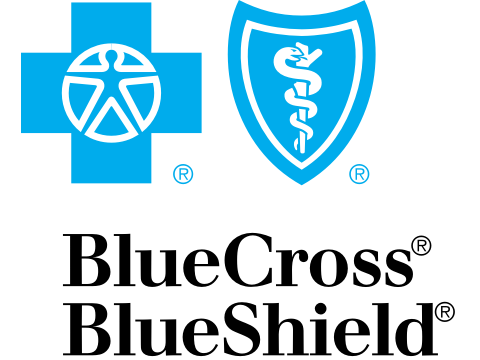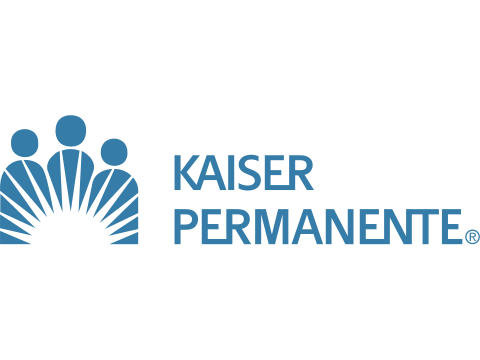Insurance
All your rehab financing questions answered.
Health Insurance for Alcohol Addiction and Drug Rehab Treatment
At Sprout Health Group, we are committed to helping clients gain access to the care they need, when they need it. Our intake coordinators can help you read your insurance policy, understand what services are covered, and guide you toward financing resources, such as aid or loans, if you need further assistance to start your recovery.
Financing treatment may feel overwhelming at first, but it can be helpful to put the costs in perspective. If you spend $100 per week on drugs or alcohol now, you will spend more than $20,000 over four years, not including the cost of related health care problems, hospital visits or lost income. Addiction is expensive, and the long-term costs often far outweigh the cost of recovery.
Thankfully, recent changes to health insurance laws have made coverage for rehab and related treatment for drug and alcohol addiction more accessible and affordable. Contact us to verify your insurance and learn about other available funding resources.
We Accept These Insurers And Many More









Understanding Your Plan
What insurance covers. The portion of rehab that your health insurance will cover depends on your carrier and specific plan, but legally all insurance plans must cover at least part of drug and alcohol addiction treatment, including therapy. However, your insurance may only cover a portion of treatment, and it may limit the number of days or sessions available for coverage.
What you’ll pay. The amount you pay out-of-pocket depends on your deductible, copay and and coinsurance. Not sure what these words mean? That’s OK! Our intake coordinators can talk you through every term. Here’s a quick glossary to summarize:
Deductible. A deductible is a fixed amount that you pay out-of-pocket before your insurance plan kicks in, at which point you’ll only pay a portion of services. For example, with a $4,500 deductible, you will need to spend more than $4,500 on medical services before your insurance starts to pick up the tab.
Copay: A copayment, or copay, is a defined amount that you pay before receiving a service. This amount is independent of your deductible. Unlike coinsurance (defined below) your copay does not typically contribute to your maximum out-of-pocket amount.
Coinsurance: After you have paid your deductible, you may still be required to pay for portion of covered services. This portion, typically 20%, is your coinsurance. Most policies also have a maximum out-of-pocket amount, at which point you will no longer need to pay coinsurance for covered services.
Getting insured after treatment. Under the Affordable Care Act, insurance carriers cannot deny you coverage because you have been to rehab for substance abuse or received a dual diagnosis, such as anxiety or depression. Moreover, you cannot be denied coverage for rehab in a new plan even if you have completed a program in the past.
Family insurance. Under the Affordable Care Act, family insurance policies can include dependents up to age 26 without restriction. If you are the parent of a young adult who does not currently have health insurance, adding him or her to your family plan can ensure coverage.